 View and Print as PDF.
View and Print as PDF.
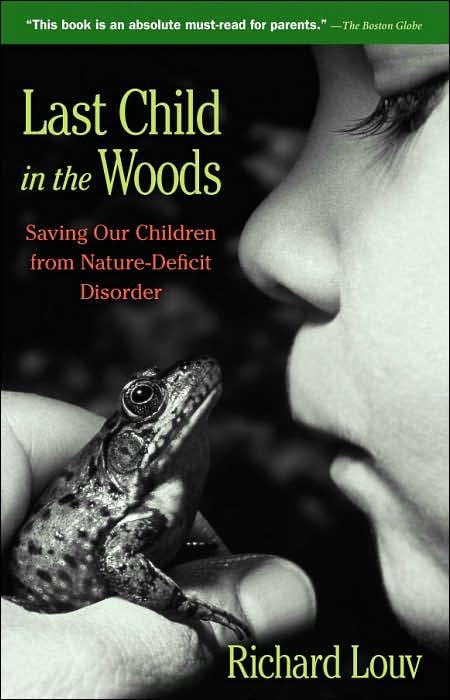
My love for the earth began with walks with my Uncle Lloyd in the San Bernardino Mountains of southern California. I was but five years old as we quietly walked through the massive Pacific pines, up and up, on the soft bed of pine needles underfoot. A diaphanous veil of sunlight pillared through the trees, squirrels chirped warning of intruders, and Stellar’s Jays looked to see if we had peanuts (it wasn’t considered inappropriate to feed the birds in those days).
In the evenings, I would sit on the front porch of the cabin belonging to another great uncle, as he pointed out the constellations in the night sky. There was little light pollution then, and the lavish drape of the Milky Way careened across the sky in extravagant splendor. Uncle Paul, an amateur astronomer, would help me connect the dots to form the ancient patterns in the sky: the Big Dipper, Cassiopeia, Orion. Finding Orion’s Belt was always a joy, and it still is.
Until the latter part of the 20th century, the realities and intimacies of nature were an everyday environment for the vast majority of humans. Hard work in the soil, at the mercy of wind and weather, was the lot of most of us. Work in partnership with animals was a daily occurrence. Horses, sheep, cattle, donkeys, chickens, goats, and pigeons were everywhere, and almost everyone either lived or worked on a farm, or had close relatives who did. In 1900, 41% of America’s workforce was involved in agriculture. By the year 2000, the percentage had dropped to 1.9%.[i] This continued a steady drift toward urban life that had begun in the Industrial Revolution of the late 18th century. This loss of daily stimulus from the realities of the natural world, this insulation from soil and water and animals, is a deficit from which a majority of us are suffering.
The Abrahamic faiths affirm the sacredness of the earth: “The earth is the Lord’s, and the fullness thereof, the world and all that dwell therein” (Psalm 24:1). The Presbyterian Church (U.S.A.) in its Brief Statement of the Reformed Faith (1991) also declares that human sins (neglect, exploitation, disharmony, pollution) “threaten death to the planet entrusted to our care.” Is it possible that “nature deficit disorder” is one of the root causes of this disharmony?
___________________________________________
There ought to be a “nature quotient”: a certain percentage of exposure to nature with all its rawness, awesomeness, beauty, and terror, that is required of us in order to live as wise earth dwellers, in balance with our non-human neighbors.
___________________________________________
The term “nature deficit disorder” was coined by Richard Louv in his book Last Child in the Woods: Saving Our Children from Nature Deficit Disorder (Chapel Hill: Algonquin Books, 2005). His thesis is that, bereft of living in the natural world, surrounded only by concrete and technology, and made fearful of wildness by over-protective parents and by sensational “news” stories, children suffer and lose touch with a natural balance. Interviews over a ten year period helped him discover that exaggerated coverage in the media and hyper-vigilant parents are “effectively “scaring children straight out of the woods and fields,”[ii] and he attributes the disorder also to our screen-based culture, that would rather look at a picture of a thing than the thing itself! To be imprisoned in an artificial world of human-crafted environments is a terrible kind of poverty. Now mind you, I’m the son of an architect: I love beautiful buildings. But they should blend with the natural environment, not dominate or replace it.
Bioblitz and Setting a Nature Quotient
One example of how to get into nature is the “Bioblitz.” On the weekend of August 25-26 of this year, the National Park Service invited school children to count as many species as they could in a 48-hour period in Rocky Mountain National Park. Though some of these children lived only twenty miles away from the park, many had never been there, never experienced a high mountain stream or meadow, or explored a mountain trail, or searched for tiny creatures in pond mud. We had our own Bioblitz on our church campus one Sunday morning, and then took the list of species we had discovered and built them into a “Call to Worship” on the spot. How that deepened our outdoor worship experience on that Lord’s Day! We sponsor many outdoor activities, worship, community gardens, blessing of animals, and the work of our presbytery camp, all to encourage congregants to get outdoors and savor nature.
There ought to be a “nature quotient”: a certain percentage of exposure to nature with all its rawness, awesomeness, beauty, and terror, that is required of us in order to live as wise earth dwellers, in balance with our non-human neighbors. Maybe we could even suggest a “recommended daily allowance.” If the 20th century was known as “the age of anxiety,” perhaps part of that anxiety is the result of a deficit of nature.
Hence why Jesus said that close attention to the realities and beauties of nature was the antidote to anxiety: “Look at the birds . . . consider the lilies of the field . . .” (Mt. 6: 26, 28). Could we not see regular immersion in the natural world as a spiritual discipline of equal importance as prayer, Scripture reading, worship, and service?
Deep Ecology: ‘God so loved the cosmos’
“Deep ecology,” a term coined in the 1970s first by Norwegian “ecosopher” Anders Næss, asks our understanding of the environment to go beyond a superficial anthropocentric understanding of nature that puts human beings at the top of a hierarchy. Instead, all living things are seen to have intrinsic value, and to have an equal right to survive and flourish. A careful reading of Scripture supports this view, especially the wisdom literature (Job 38-39) and the flood story found in Genesis 6:6-9:17. In the case of Genesis, the ark may be interpreted as God’s commitment to biodiversity. It is also tantalizing to note that, in that most quoted of New Testament verses, John 3:16, “God so loved the world,” the Greek word translated as “world” is “cosmos,” meaning the whole thing, all of God’s creation. Could it be said that God loved it all, such that God sent the Son to straighten humans out, and that a major part of our salvation involves becoming responsible stewards of the earth?
Deep ecology informs the concept of the “nature quotient.” It goes beyond mere homeostasis-seeking, and lists of chemicals and components, to a deeper meaning. Deep ecology appreciates the significance of each component, and the interdependence of all the parts of a system, and sees value in it all. Do we absent ourselves from the equation, or ask where we fit? Does not natural theology ask to be taught, as Jesus did, by the birds and the lilies, the ants and the bees? Is it heresy to seek the revelation of being in a rose?
Standing in early July at Keem Beach on Achill Island in County Mayo, Republic of Ireland, the most westerly beach in Europe, listening to the sea birds and the crashing of the surf, I stood speechless, taking in the beauty and raw power of the vast sea. Just like the Psalmist who felt dwarfed by the stars (Psalm 8:1-2), I felt insignificant, and yet connected. Dwarfed, yet part of the picture. Not an intruder, but a denizen of this landscape. Belonging, yet unexpected, and thousands of miles “out of place.”
___________________________________________
Could we not see regular immersion in the natural world as a spiritual discipline of equal importance as prayer, Scripture reading, worship, and service?
___________________________________________
We must seek a nature quotient, a healthy daily dose of mindful being, or quiet immersion, where we find kinship with the rocks, the robins, and roses. Even the destructive (or reforming?) power of storm and fire, of sea and wind, of predator seeking prey, speaks to us of a matrix of being of which we are a part, not apart. We grew up in a garden, came to ourselves in greed and injustice, and are still seeking to know what harmony looks and feels like. That harmony is dynamic, not static, shifting and flowing, not set in stone (even stone, geology teaches us, is not “set in stone”!). Part of our calling as followers of the One who loved the birds and lilies and sought their wisdom is to never stop asking “How? Why? Where? Who? What?” Nature humbles us. Nature shapes us. Nature is us, and we are her. To be truly human is find ourselves in, not walled off, from the natural world wherein lies our sustenance at every level.
Jesus’ sacraments, holy connections, are drawn from nature: water, grain, and grapes. In worship we immerse ourselves in these elements, and draw from them a connection with the Infinite. A rabbi I know says that worship was diminished when we took it indoors. In the Church, we bring the outdoors indoors in sacramental acts, to remind us of our connection with God through nature. These portal passages of baptism and the Lord’s Supper give significance to our discipleship, but must not be divorced from the most common elements of daily life. As biological creatures, we cannot live without water, grain, and grapes. As spiritually aware creatures, we connect with the Spirit using elements found in nature. As scientific explorers, we seek a deeper understanding of the nature of existence, the “what” and “how.” All these approaches are related, not in opposition to each other.
Ecology, the study of living things in their environment, goes deep when it seeks to relate all approaches to understanding our earthiness. Beyond the mere recitation of ingredients, deep ecology seeks a life-enriching appreciation of the vital beauty and liveliness of inter-connected, interdependent life in its animate and inanimate systems. Since we are a part, and not apart, we are players in what happens: our actions are interactions that make for enhanced life, or death and disharmony.
What I Ask of You
I hope to bequeath to my great-grandchildren a world in which each of us is living aware of and participating in the interdependent, interconnected nature of things—a world in which we are knowing participants in a fragile and beautiful and powerful environment, where our actions, if they are life-enhancing, can be sacramental.
What do I want you to do as a result of reading these words? I want you to be aware. I want your faith to include a focus, not just on a world to come, but on the world right now. I want you to go outside, and be mindful of the air, the soil, the birdsong and the insect wing, the water and growing things. I want you to feel intensely a part of all this, not apart from it or over it. I want you to replace worry and anxiety with awareness and mindfulness: with gratitude to God for the gift of Being. I want you to consider that a central aspect of faith is drawn from nature, and determine both to spend time every day appreciating the life within and around you, and considering how your decisions and behavior and relationships have either a life-enhancing, or a spoiling, effect on neighbor and nature. I want you to up your nature quotient, to commit yourself to a recommended daily allowance of nature as an essential spiritual discipline as important as prayer, so that your faith in God includes awareness of and appreciation for, the garden from which you sprang.
This may be a contemplative practice that will deepen your wonder and appreciation for God’s creation, or it may become the foundation for service: volunteering to maintain trails or rehabilitate animals or help at a therapeutic riding center. You could take up a simple hobby like birding or gardening (the two most popular hobbies in the U.S.), which will get you outside regularly. It could move you to activism, to protect and defend wilderness, so there are natural places for future generations. But whether it’s to deepen your faith, reduce stress, and be an antidote for worry as Jesus recommended, or to become a path for service, it all starts with that recommended daily allowance of nature in order to combat “nature deficit disorder” and to put your life in a more humble perspective as both the Bible and deep ecology invite.
Read more articles like this one in the Nov 2012–Jan 2013 issue, “Hope for Eco-Activists: Discovering an Environmental Faith“
Notes
[i] The 20th Century Transformation of U.S. Agriculture and Farm Policy, USDA Economic Information Bulletin No. 3, June, 2005.
[ii] Louv, p. 2.
 Stan Adamson has been Pastor of St. Andrew Presbyterian Church in Boulder, Colorado, since 1987. With volunteer service at Highlands Camp and Retreat Center, and travel to wild places in Ireland, England and Italy, as well as years of experience in the outdoors of Colorado, Stan has enhanced the ministry of St. Andrew by blessing animals for the past two decades, and encouraging disciples of all ages to experience God’s presence in wilderness.
Stan Adamson has been Pastor of St. Andrew Presbyterian Church in Boulder, Colorado, since 1987. With volunteer service at Highlands Camp and Retreat Center, and travel to wild places in Ireland, England and Italy, as well as years of experience in the outdoors of Colorado, Stan has enhanced the ministry of St. Andrew by blessing animals for the past two decades, and encouraging disciples of all ages to experience God’s presence in wilderness.

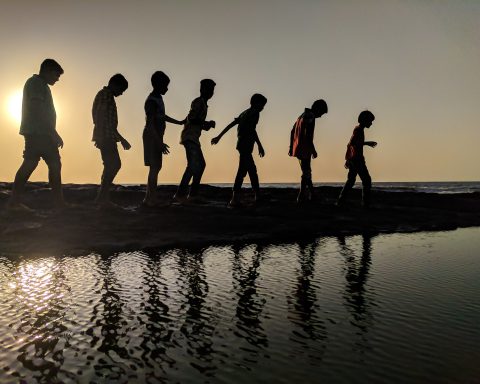
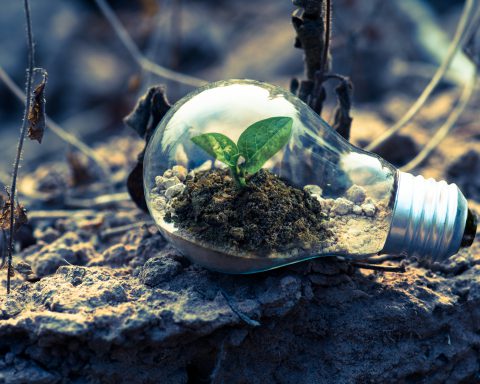
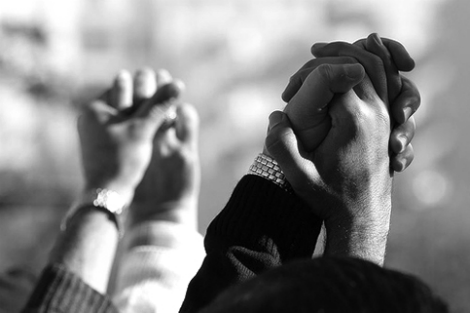
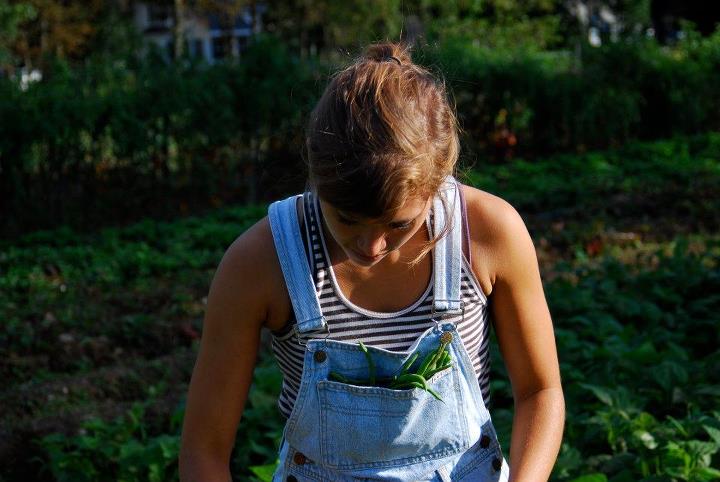
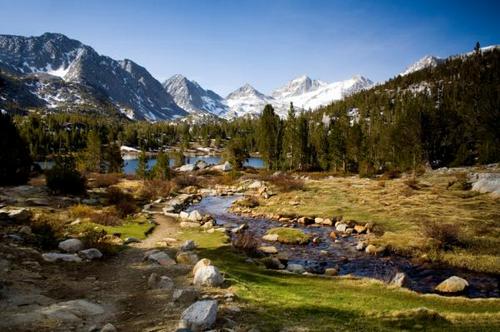
Unbound Social